EDITORIAL
Published on 19 Jun 2018
Editorial: Metal Biology Takes Flight: The Study of Metal Homeostasis and Detoxification in Insects
doi 10.3389/fgene.2018.00221
- 1,655 views
- 4 citations
14k
Total downloads
64k
Total views and downloads
Select the journal/section where you want your idea to be submitted:
EDITORIAL
Published on 19 Jun 2018
ORIGINAL RESEARCH
Published on 12 Apr 2018

MINI REVIEW
Published on 01 Mar 2018
HYPOTHESIS AND THEORY
Published on 14 Feb 2018

ORIGINAL RESEARCH
Published on 02 Feb 2018
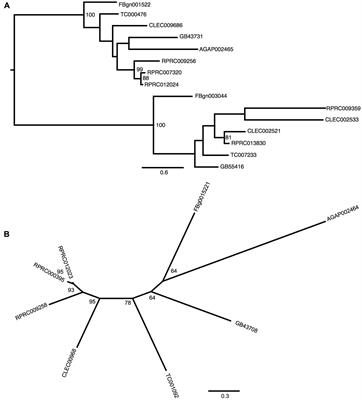
REVIEW
Published on 31 Jan 2018
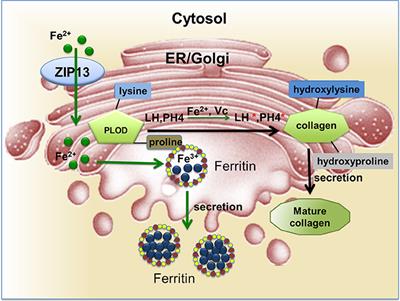
REVIEW
Published on 17 Jan 2018
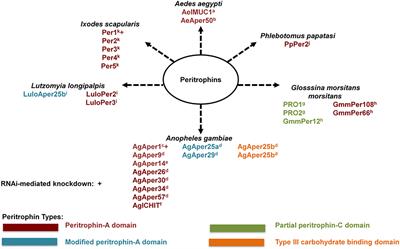
ORIGINAL RESEARCH
Published on 15 Jan 2018
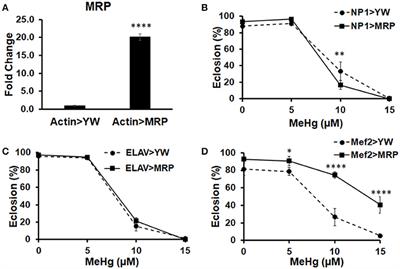
REVIEW
Published on 21 Dec 2017
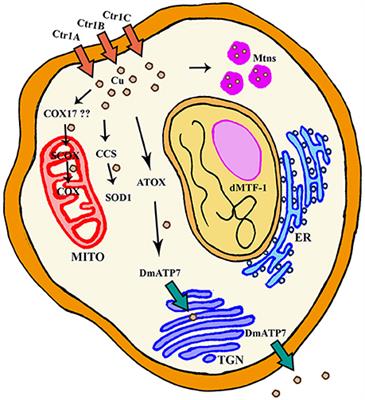
MINI REVIEW
Published on 07 Nov 2017
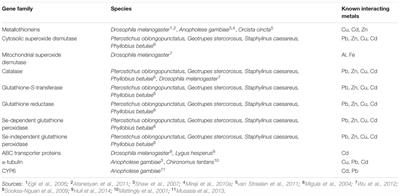

Frontiers in Cell and Developmental Biology
Frontiers in Genetics
Frontiers in Molecular Biosciences
Frontiers in Neuroscience
Frontiers in Nutrition
Frontiers in Physiology
Frontiers in Psychiatry